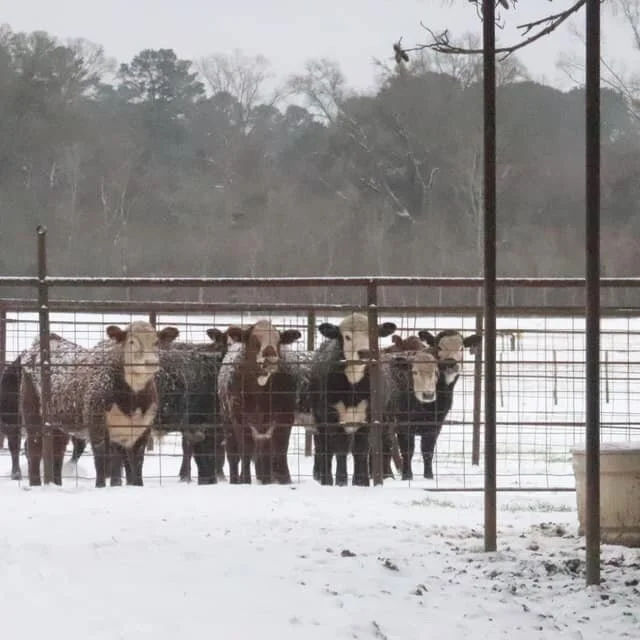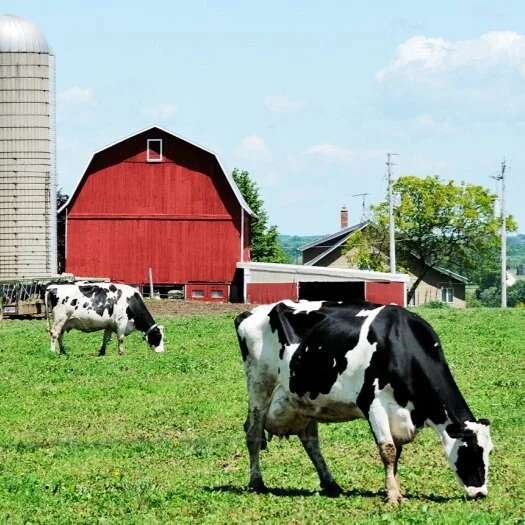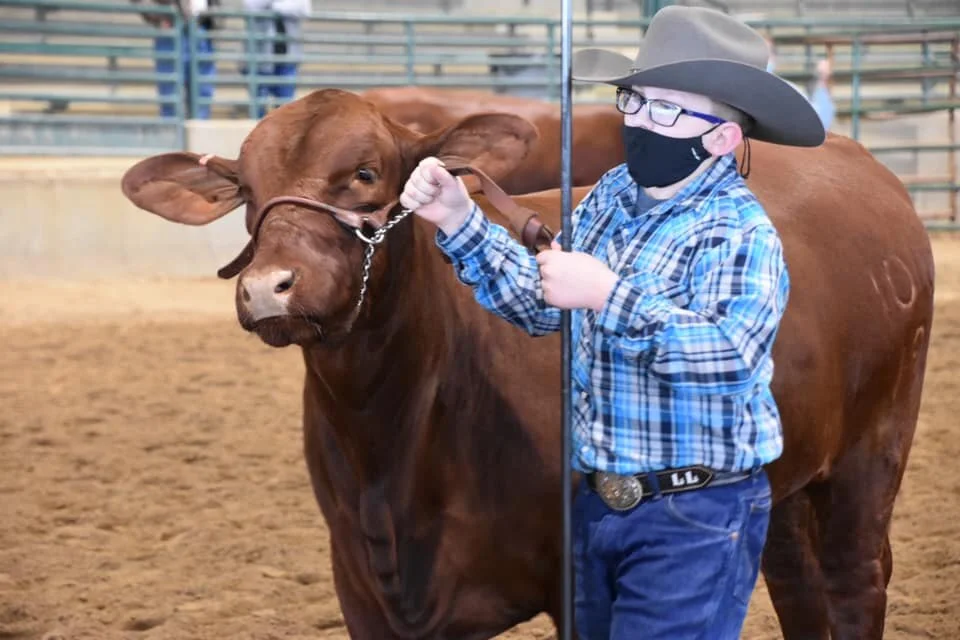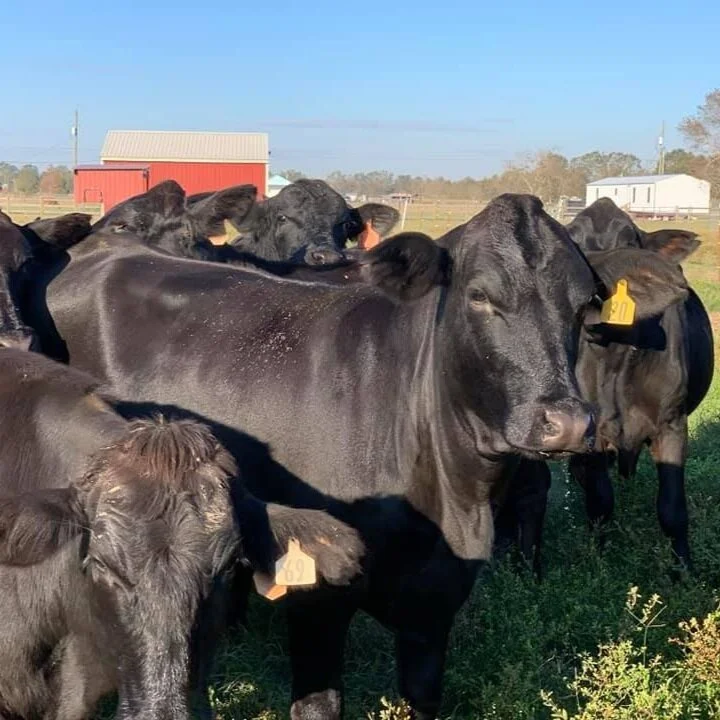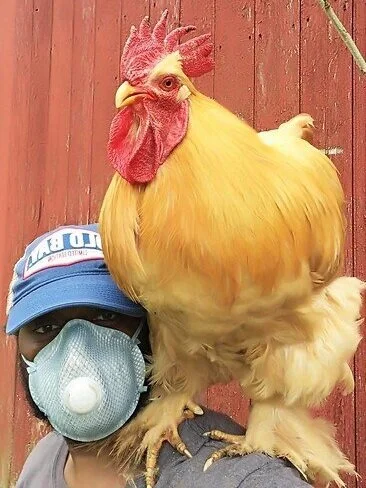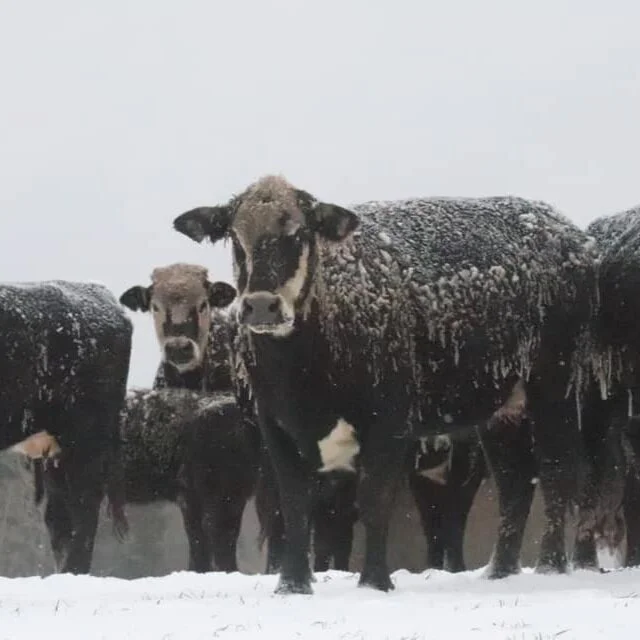The U.S. Department of Agriculture (USDA) is extending the deadline from March 5 to April 9 for agricultural producers to apply for the Quality Loss Adjustment (QLA) Program because of recent winter storms and some clarifications to program rules. This program assists producers who suffered crop quality losses due to qualifying 2018 and 2019 natural disasters.
Read MoreThe LSU AgCenter is surveying agricultural producers to estimate damage totals resulting from last month’s freezing weather.
The recent freezing weather came just as farmers were getting back on their feet from last year’s disastrous hurricane season.
Read MoreThe Southern University Ag Center will host its 2021 Virtual Livestock Experience on March 25 from 9 a.m. – 2 p.m. via Zoom.
This free event is open to all youth. Animals are not required to participate.
Read MoreClick below for the latest Market Report from the Delhi Livestock Auction.
Read MoreThe U.S. Department of Agriculture (USDA) provides technical and financial assistance to help Louisiana farmers and livestock producers recover from damages brought on by winter storms Uri and Viola. Agricultural producers are encouraged to contact their local USDA Service Center to learn about the programs available to help them recover from crop, land, infrastructure, and livestock losses.
Read MoreThis week, USDA’s National Agricultural Statistics Service released its monthly Milk Production report, showing yet another annual decline in the number of licensed dairy operations in the United States. After many years of depressed prices, some dairy farmers faced an extremely tough year as the industry struggled with a global pandemic, negative Producer Price Differentials and Federal Milk Marketing Order de-pooling while others enjoyed near record milk prices due to volatility in cheese prices (More Negative PPDs and De-Pooling Reignite Federal Milk Marketing Order Debate). This year-over-year decline in the number of dairy operations continues a long trend of farmers deciding to exit the dairy business. Since 2003, the U.S. has lost more than half of its licensed dairy operations, now just shy of 32,000 dairy operations.
Read MoreJust four months after reeling from back-to-back hurricanes that dealt powerful punches, Evangeline Parish was hit by another storm that caused different types of issues from the usual damage. This storm was a major winter event that hit the area over the Mardi Gras holiday.
The freeze has also impacted the livestock here in the parish. Ryegrass, a commonly grown winter forage grass, was severely damaged by the cold temperatures. This causes livestock producers to have feed supplemental feed which can get expensive. Producers also had to feed more to keep their animals warm. There are also reports of calves dying after being born in the frozen conditions.
Read MoreFor some young people, even the thought of taking control of a large animal is beyond belief.
But for two south Louisiana youth, getting started early has been the key to their success in livestock shows.
Read MoreClick below for the latest market report from the Kinder Livestock Auction.
Read MoreClick below for the latest market report from the Red River Livestock Auction.
Read MoreEvery February, the APHIS community celebrates Black History Month and honors the many and varied contributions of African Americans to U.S. history. This year’s Black History Month theme is “The Black Family: Representation, Identity, and Diversity.” This feature, a personal narrative by APHIS employee Langston Hull, is the first in a two-part series recognizing Black employees at APHIS and their connection to agriculture, family, and the land.
Read MoreThe feeder cattle prices continued to creep higher after dropping lower with higher feed costs, but the devastating Artic cold front and snowstorms caused more price variation with lower cattle numbers at auctions along with some limited demand from feedlots. That massive couple weeks of storms caused more problems in some areas which will probably continue to impact prices for a short while. In fact, the Southern Plains had tremendous problems because of very big power outages especially in Texas.
Read MoreAfter nearly a week of freezing temperatures, farmers in Mississippi and Louisiana have suffered big losses in livestock and crops, and some of the worst damage won't be known for weeks.
"We just don't know how bad this freeze could have affected the crawfish, the strawberries and the sugarcane industries," said Jim Harper, president of the Louisiana Farmer Bureau Federation. "We could be talking in the millions of dollars, though, statewide."
Read MoreFarmers and ranchers across a large swathe of the country are anxiously awaiting a warm-up after temperatures plummeted to record lows and whole states – many much more accustomed to moderate winter weather at worst – were covered in ice and snow.
Read MoreIn terms of a disaster, this is a Category 5 for Louisiana livestock producers.
Mother Nature delivered a one-two punch with back-to-back winter storms, dumping unprecedented amounts of snow, sleet, and freezing rain with record-low temperatures across parts of Louisiana this week.
Louisiana farmers are scrambling to keep livestock alive during the historic winter storm — with the frigid conditions already killing some cattle and chickens.
Read More




